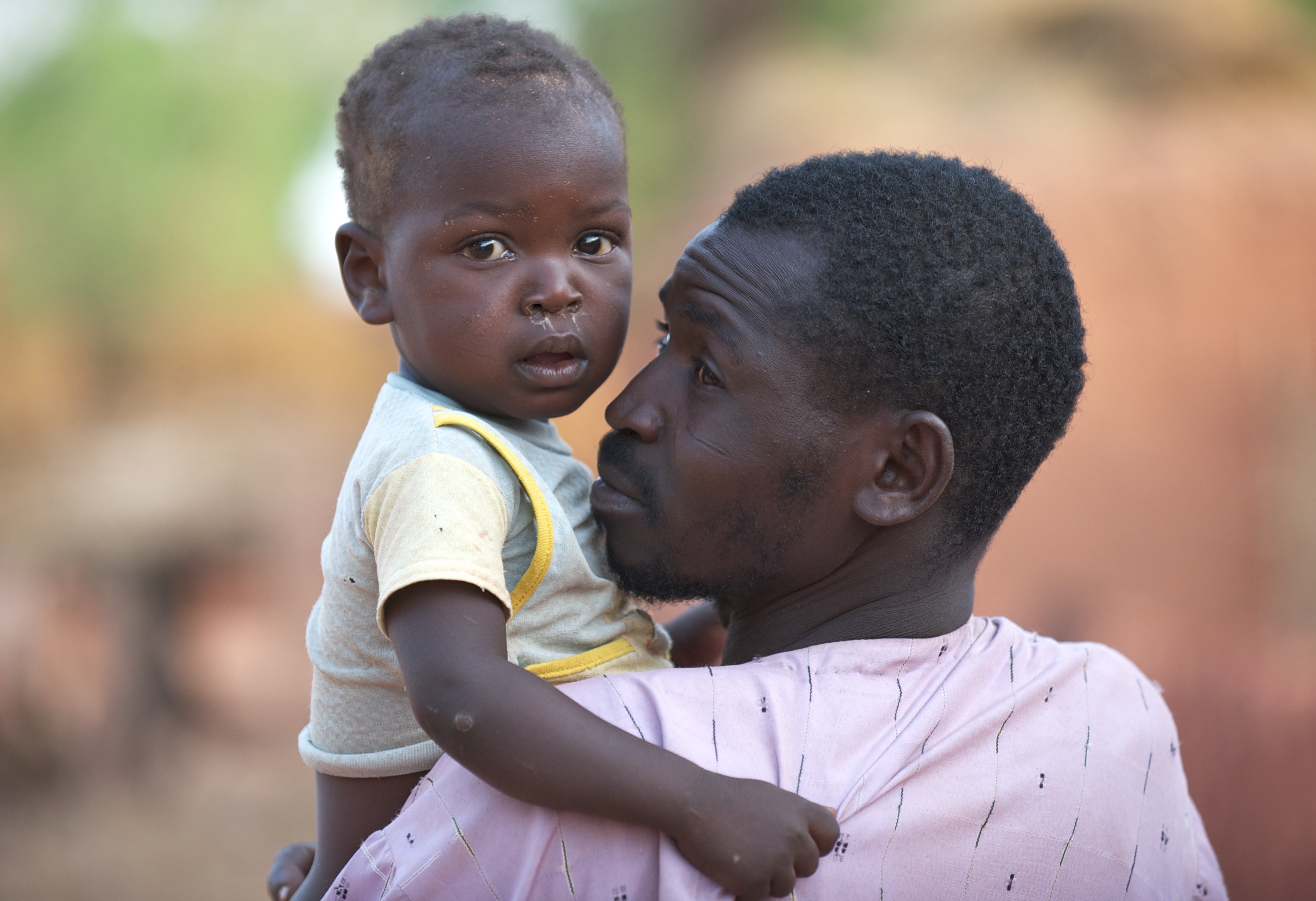By Nick Baldry
I’m using the Wells Bring Hope Blog to boast. I’m going to be a father, yay for me! I will resist the urge to delve into every detail of my wife’s pregnancy, even though every change, every developmental stage is fascinating to me. I will resist because I know that we are not the only ones who have ever had a child, and keeping people up to date with day-by-day progress is not some sort of world service, documenting a never before seen phenomenon.
In truth, our child will be one of approximately 134 million born worldwide in 2014. Some will be born into wealth and stability, some into grinding poverty fraught with danger. My wife and I are already feeling the need to protect our child, a natural instinct that takes hold of every parent. We are fortunate enough to have access to things like healthcare, food, adequate shelter as well as quality water and sanitation. With these tools our as yet unborn child is already miles ahead of many of his fellow 2014ers in the survival stakes. Losing him for any reason is the stuff of nightmares, the sort of heart-wrenching experience no parent should ever go through.
 |
Tragically, losing a child is something millions of parents endure every year. A disproportionate number of parents in sub-Saharan Africa have to cope with outliving their offspring, the region sees half of all child deaths worldwide according to Save the Children. Thankfully, the news is not all bleak. Late last year, Save the Children reported that the child mortality rate has been dropping dramatically in Niger. In 1990, 326 children died before their fifth birthday per 1,000 live births; by 2013 that figure had fallen to 114 per 1,000 live births. A rate of 114 deaths per 1,000 is still staggeringly high – the US saw just 7 deaths per 1,000 live births in 2012, in the same year Sudan saw 79 deaths per 1,000 live births and Afghanistan 99 per 1,000 – but Niger’s progress is impressive.
Niger’s progress in the area of childhood mortality is no accident. Concerted efforts have been made to increase access to healthcare and bednet coverage in rural areas, provide immunizations, promote breastfeeding, and improve nutrition programs. Wells Bring Hope has made its own contribution. The 268 wells our donors have funded over the last five years have helped over 174,000 people, young and old, get access to clean, safe water. Water that saves lives.
 |
My son will face challenges during his life, we all do at some point, but there are millions of infants worldwide who face a fight for their lives from the moment they are born. They face dangers that are the stuff of history books in the West. I’ll be doing everything I can to protect my first-born, to give him the best possible start in life. By providing safe water to thousands of children throughout rural Niger Wells Bring Hope is providing parents with the tools to do just that for their children.


